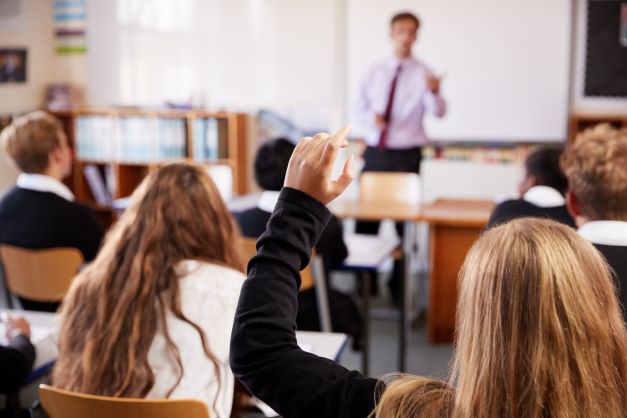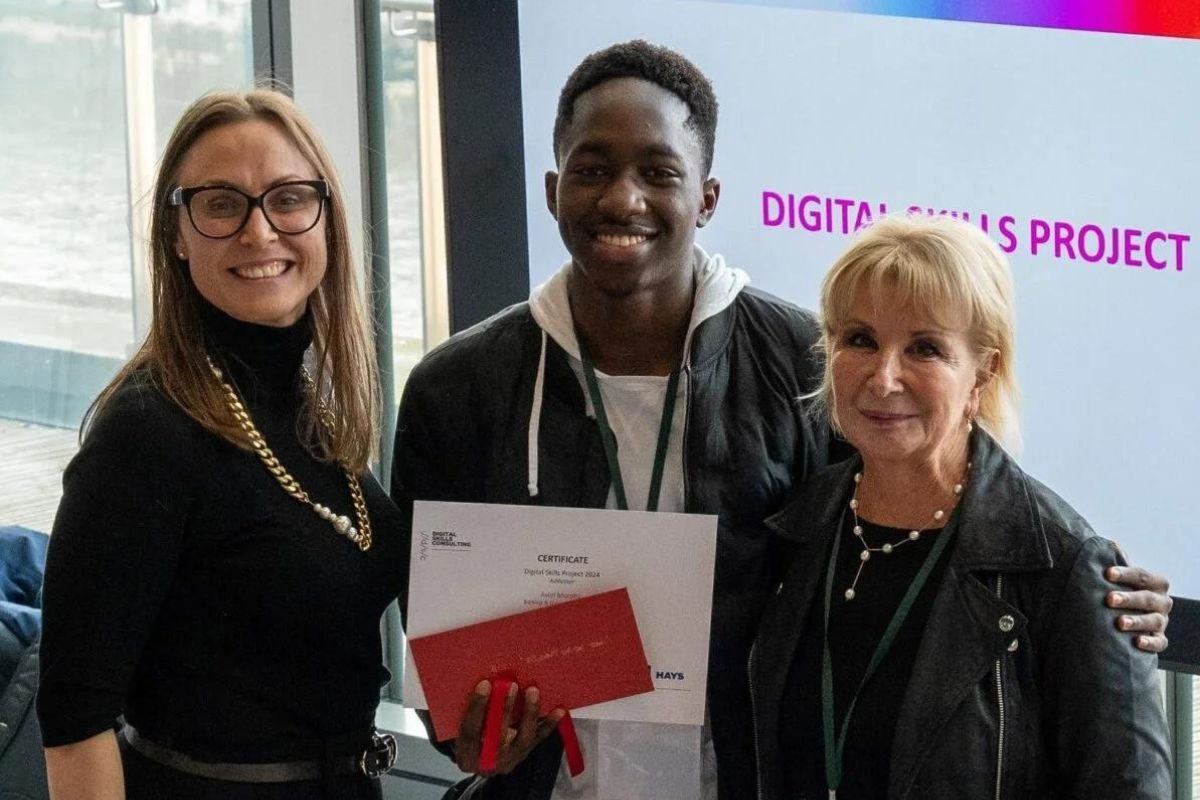COVID-19 absences wreaking havoc on schools’ plans for catch-up learning

- A new survey of school leaders finds absences of staff and pupils are now the biggest barriers to catch-up learning this academic year
- 96% of school leaders surveyed report that the ongoing COVID-19 pandemic has disrupted their plans to address pupils’ learning gaps this term
- Three-quarters (75%) of school leaders surveyed report that their pupils are behind with their academic learning
In new findings released today by The Key, school leaders have identified ‘insufficient staff – due to absences’ (chosen by 51%) and ‘pupil attendance’ (35%) as the biggest barriers to successful pupil catch-up learning this academic year.
In fact, 96% of school leaders report that the ongoing COVID-19 pandemic has disrupted their plans to address pupils’ learning gaps this term[1].
Worryingly, three-quarters (75%) of those surveyed believe the majority of their pupils are ‘behind’ (62%) or ‘significantly behind’ (13%) academically, compared to previous cohorts.
What’s more, the learning gap is also evident in other crucial areas of pupils’ development. 73% of those surveyed say their pupils’ social skills are ‘behind’ or ‘significantly behind’, 54% say this is true of their pupils’ practical skills and 39% report the same of their pupils’ sporting abilities[2].
One respondent told The Key, “Staff absences are having a massive impact. Children learn best with their own teacher, not supply teachers.”
Another reported, “Absences for pupils and staff because of COVID add yet more challenge to an exhausting and strained situation.”
With little sign of the situation easing over winter, the vast majority of leaders surveyed already believe it is ‘very likely’ (54%) or ‘somewhat likely’ (36%) that they will need to run targeted catch-up interventions during the next academic year (which runs to July 2023). However, while the government has promised additional catch-up funding for next year, no detailed guidance has been made available yet.
“School leaders are doing everything in their power to help their pupils make progress, but the reality is that COVID-19 has continued to cause significant disruption in schools this term – even before the emergence of the new variant” said Nicola West Jones, Head of Market Research at The Key. “Many of the comments left in our survey point to reduced resilience, concentration and stamina among pupils in the classroom – all crucial prerequisites for learning. This, coupled with ongoing staff and pupil absences, explains why progress is going to take some time.”
The survey findings also reveal that certain year groups are struggling more than others. In primary schools, year 2 is the year group most widely considered to be in need of catch-up provision (chosen by 57% of respondents in primary schools). These children were in reception when the pandemic started and seem to be struggling from the disruption caused to a significant part of their early school life.
In secondary schools, leaders most commonly cite year 11 as one of the cohorts most in need of catch-up provision (chosen by 59%) – these pupils will be expected to take their GCSE exams this year.
However, learning and skills development is not the only major concern for school leaders. Nearly two-thirds (61%) of those surveyed say that ‘mental health and wellbeing’ is one of the main areas in which pupils are struggling the most this term.
Worryingly, when asked to identify the types of mental health issues they’ve seen in individual pupils this term, an overwhelming 95% of school leaders reported ‘anxiety’. This was followed by ‘depression or low mood’ (63%) and ‘self-harm’ (38%).
When asked to describe the current mental health of the majority of their pupils, 41% of respondents said it was ‘neither good nor poor’. Furthermore, a significant one in five (20%) would describe the majority’s mental health as ‘poor’, and 1% ‘very poor’. This suggests mental health continues to be an important area of focus for leaders as they support all pupils to navigate ongoing disruption from the pandemic.
More positively, one area of pupils’ development that doesn’t appear to have been negatively impacted by the pandemic is IT skills. Over a third of respondents (35%) said that the majority of their pupils are ‘ahead’ (33%) or ‘significantly ahead’ (2%) in this area – suggesting that there have been some beneficial outcomes of remote learning.
[1] Percentage given is combined total for the responses ‘a great deal’ (21%), ‘a lot’ (28%), ‘a moderate amount’ (33%), ‘a little’ (13%)
[2] Percentages given are combined totals for ‘behind’ and ‘significantly behind’ responses.












Responses